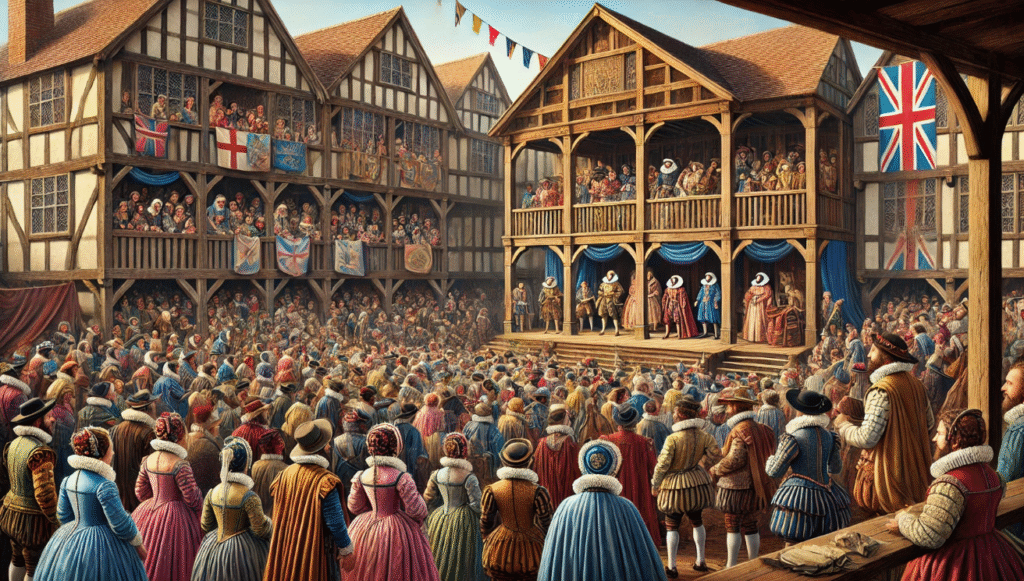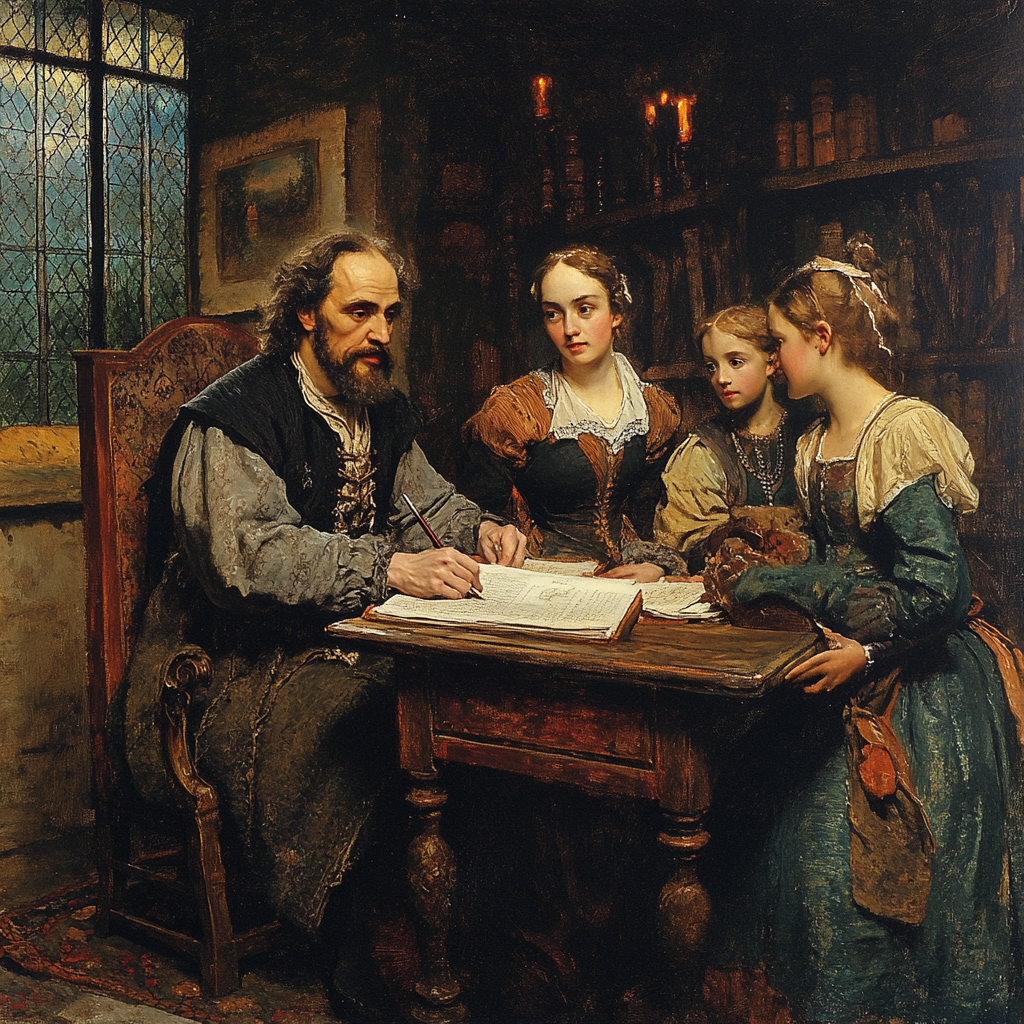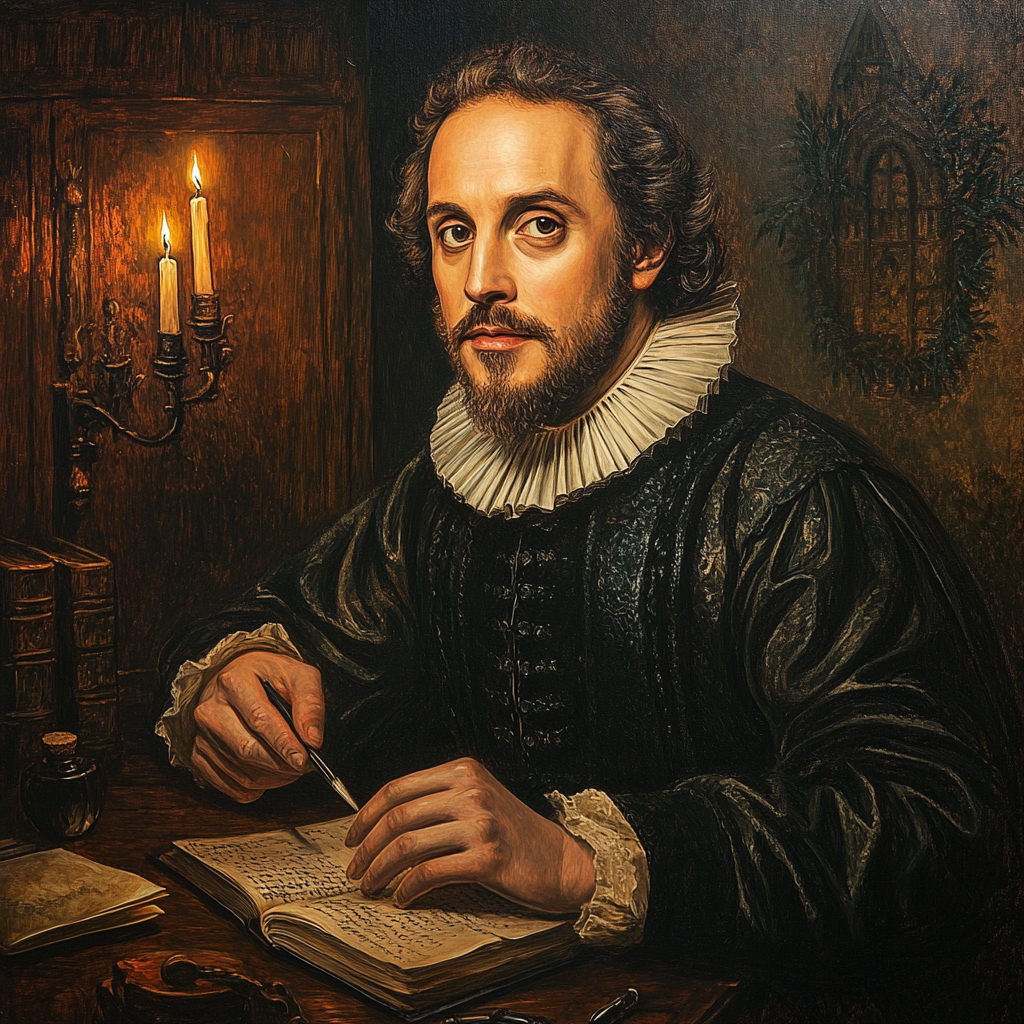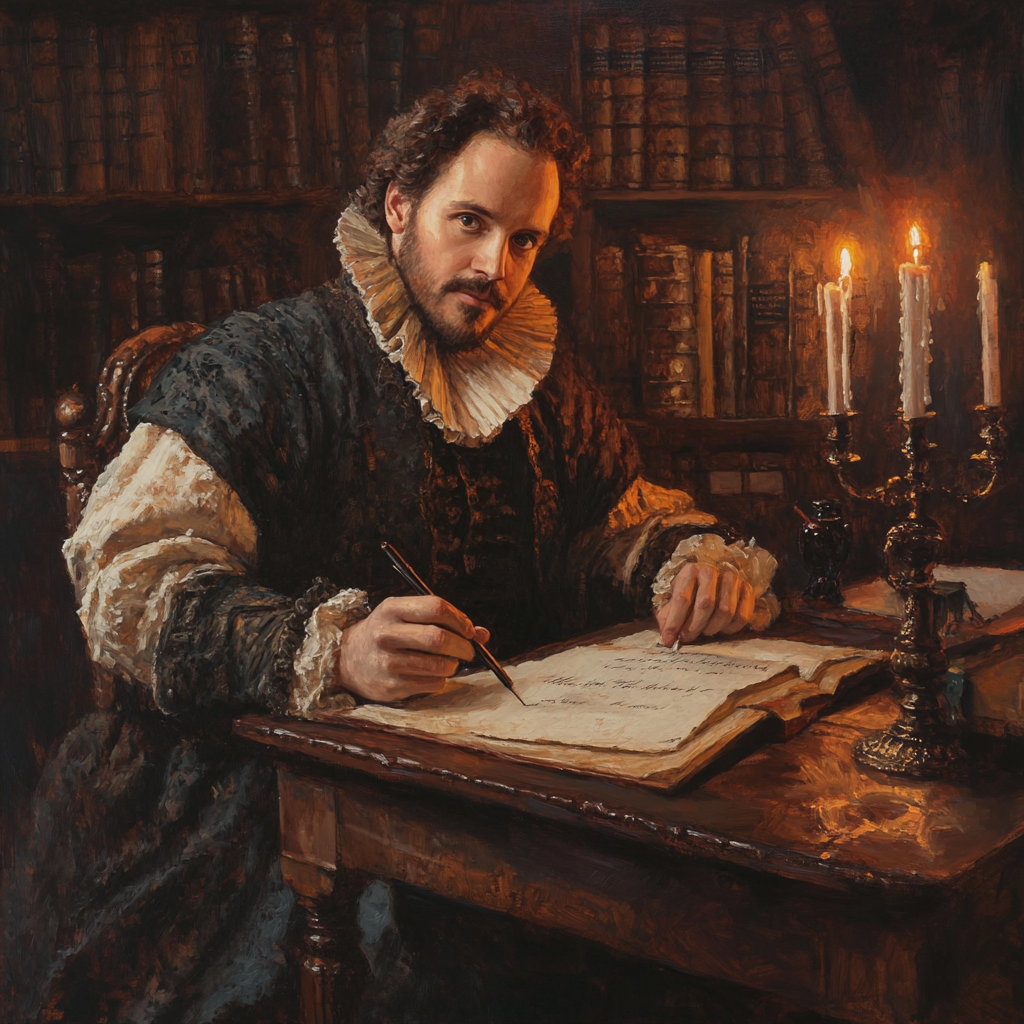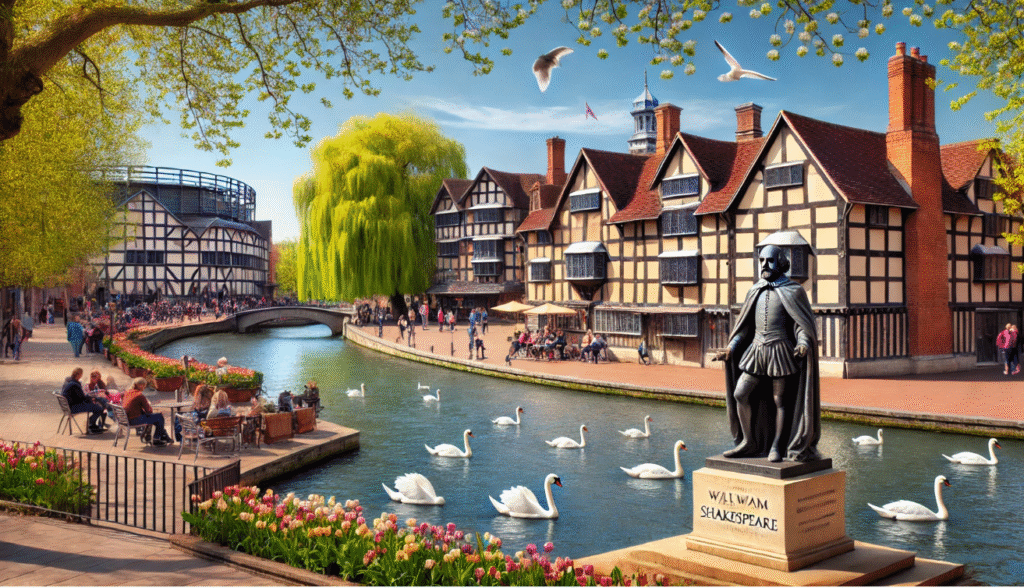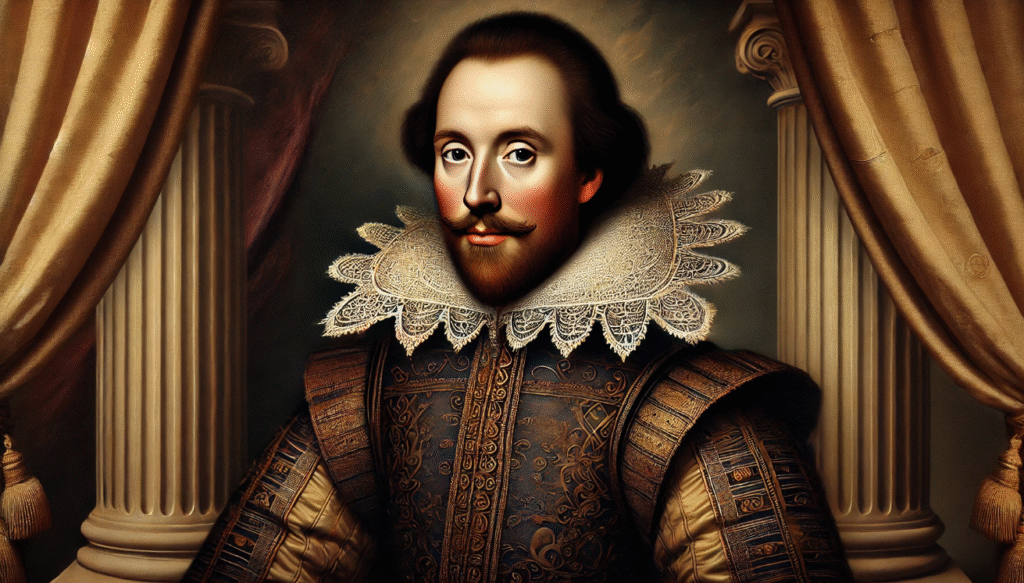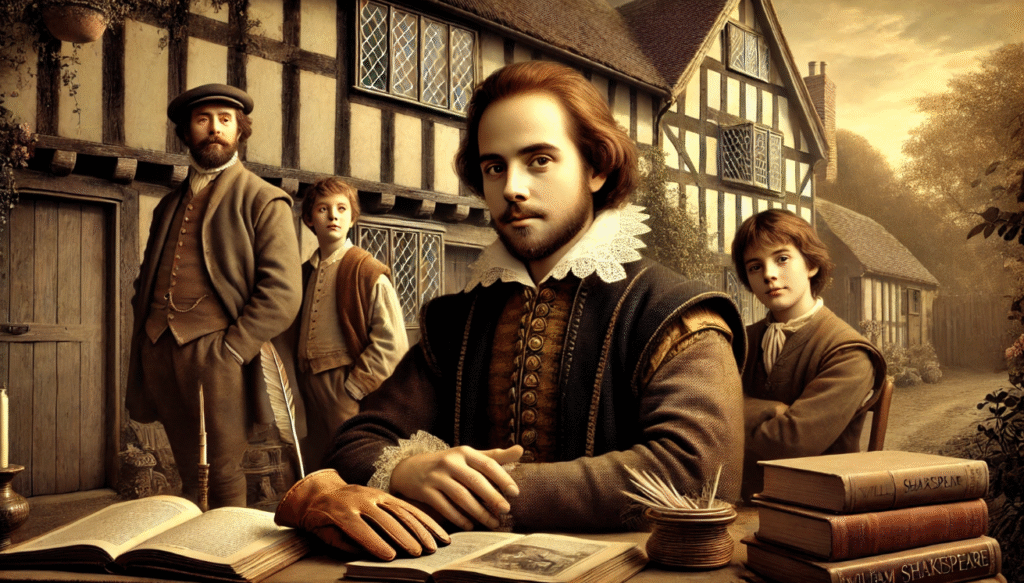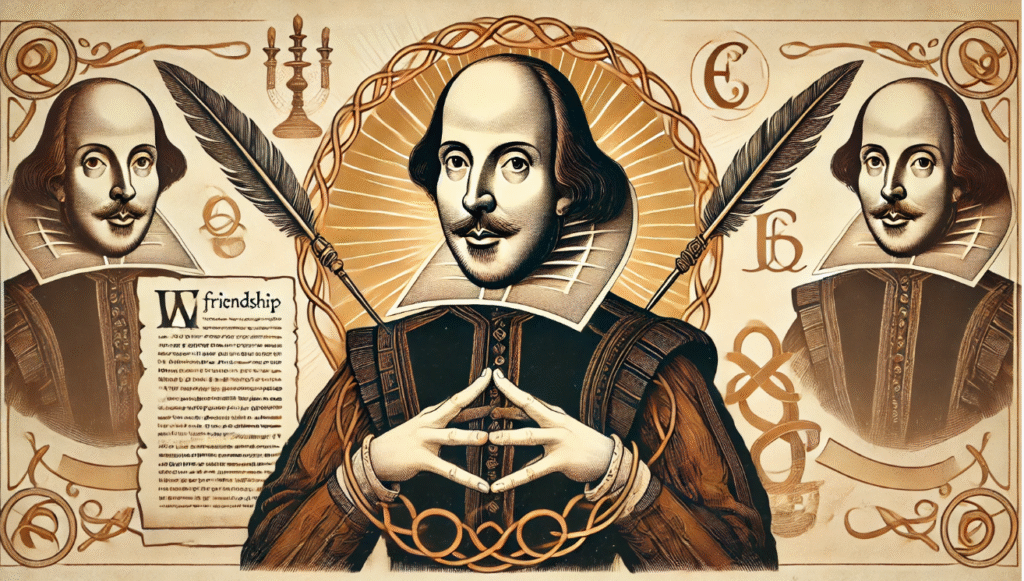Shakespeare’s societal impact is widely regarded as one of the most influential figures in history, known for his timeless works of literature and profound impact on the English language. In this article, we will explore Shakespeare’s societal impact, delving into his influence on culture, language, and the arts. Join us as we uncover the lasting legacy of this iconic playwright and poet.
Shakespeare’s work has had a profound and lasting impact on literature, theater, culture, language, and societal values. Through his plays and poetry, he transformed the way stories were told and characters were portrayed, and his influence can still be seen in modern storytelling and performance. Additionally, his use of language and exploration of human nature continues to shape our understanding of the world around us. Overall, Shakespeare’s work has left an indelible imprint on the fabric of our society.
Shakespeare’s Context and Era
The Elizabethan Era
During the Elizabethan era, England experienced a flourishing of arts, theater, and literature, with a cultural and political environment that greatly influenced these creative expressions. Queen Elizabeth I’s reign saw a period of stability and prosperity, which allowed for the arts to thrive. The era gave rise to renowned playwrights such as William Shakespeare, Christopher Marlowe, and Ben Jonson, who produced timeless works that continue to be celebrated today. The theater played a significant role in the society of the time, with the popularity of public playhouses and the patronage of noble households contributing to a vibrant theater culture. The plays often explored themes of power, politics, and the human condition, reflecting the political and social climate of the era.
Shakespeare’s Position in Society

Shakespeare’s rise to prominence in the Elizabethan era was largely due to his talent for writing captivating plays and poetry that resonated with audiences of the time. His works reflected and responded to the societal norms and issues of his time by addressing themes such as love, power, politics, and the human condition. He was able to capture the essence of the society around him and present it in a way that was both entertaining and thought-provoking. Through his writing, Shakespeare provided a commentary on the political and social structures of his time, as well as the complexities of human relationships and emotions. His ability to weave these themes into his works contributed to his lasting legacy as one of the greatest playwrights and poets in history.
Shakespeare’s Impact on Language

Innovations in the English Language
Certainly! Some examples of Shakespearean idioms that are still commonly used today include “break the ice,” “wild-goose chase,” “bated breath,” “heart of gold,” and “green-eyed monster.” These phrases have stood the test of time and continue to be a part of everyday language, demonstrating the lasting impact of Shakespeare’s writing on English usage.
Shakespeare’s impact on the English language is undeniable. Through his plays and sonnets, he introduced over 1,700 new words and countless phrases into the English lexicon. Many of these words and phrases are still in use today, enriching our vocabulary and expression. Additionally, his innovative use of language and poetic techniques has had a lasting influence on subsequent writers and speakers, shaping the way we communicate and express ourselves in English. Shakespeare’s legacy continues to resonate in the way we use and appreciate the English language.
“Shakespeare’s Societal Impact: How the Bard Shaped Culture and Society”
In literature, complex characters are often introduced to convey the depth and intricacies of human emotions. Through their experiences and interactions, authors explore universal themes such as love, power, ambition, and betrayal. By delving into the inner workings of these characters, readers are able to connect with and understand the complexities of the human experience. This thematic exploration allows for a deeper understanding of the human condition and provides insight into the various motivations and emotions that drive individuals in their pursuit of fulfillment, success, and connection.
Shakespeare’s Contribution to Theater and Performance

Transformation of Theatrical Practices
The Globe Theatre played a significant role in popularizing drama in Elizabethan England. It was a prominent venue for the performance of William Shakespeare’s plays and other popular works of the time. The open-air design of the theatre allowed for a large audience to attend performances, making theater more accessible to people of all social classes. Shakespeare’s plays were not only entertaining but also spoke to universal themes and emotions that resonated with people from all walks of life. His ability to capture the human experience through his characters and storytelling drew in audiences from diverse backgrounds, further contributing to the democratization of theater. Additionally, the Globe Theatre’s affordable ticket prices made it possible for people of lower social classes to attend performances, further breaking down barriers to accessing the arts.
Lasting Influence on Modern Drama
Certainly! Shakespearean techniques and themes continue to be utilized in contemporary plays and movies, showcasing the enduring relevance of his work. Many modern productions incorporate elements such as soliloquies, asides, and dramatic irony, as well as themes of love, betrayal, power, and ambition. Additionally, there has been a trend of global adaptations and reinterpretations of Shakespeare’s plays, with settings and characters being reimagined in various cultural contexts. These adaptations serve to demonstrate the universality of Shakespeare’s themes and the limitless potential for creativity in bringing his works to new audiences around the world.
Shakespeare’s Societal Reflections and Critiques

Exploration of Social Hierarchies
Representation of kingship, power dynamics, and class struggles has been a recurring theme in literature, art, and historical narratives. Kingship often symbolizes authority and rulership, while power dynamics illustrate the balance of power and control within a society. Class struggles highlight the disparities and tensions between different social classes, often leading to conflicts and societal changes. These themes have been explored in various forms of media and continue to be relevant in contemporary discussions about governance and social inequality.
His plays questioned societal norms by challenging conventional ideas and beliefs about power, gender, and class. Through his characters and storylines, he often highlighted the injustices and inequalities present in society, prompting audiences to reevaluate their own perspectives and assumptions. By addressing controversial and taboo topics, he forced audiences to confront uncomfortable truths about the world around them and consider alternative ways of thinking and living. Overall, his plays served as a catalyst for critical reflection and dialogue about the societal norms that shape our lives.
Addressing Human Nature
The timeless portrayal of human virtues and flaws is a recurring theme in literature, art, and storytelling. It reflects the universal experiences and struggles of humanity, showcasing the best and worst aspects of human nature. Through these portrayals, we gain insight into the complexity of human behavior and the enduring values that have shaped our societies for centuries. This exploration of virtues and flaws allows us to understand ourselves and others more deeply, fostering empathy and reflection on our own actions and choices. It serves as a reminder of the timeless nature of human character and the enduring relevance of these portrayals in our understanding of the human experience.
Global Reach and Cultural Legacy
Shakespeare’s International Influence
The translation of his works into multiple languages allows for a wider audience to access and appreciate his writings. It also helps to preserve and promote his cultural and literary contributions on a global scale.
There are numerous performances and festivals dedicated to the legacy of this individual that take place all around the world. These events showcase his impact and influence on various aspects of culture and society, and they often attract a diverse range of artists, scholars, and fans who come together to celebrate and commemorate his contributions. These performances and festivals provide an opportunity for people to connect with and honor the enduring legacy of this influential figure.

Cultural and Educational Impact
Shakespeare’s works are often incorporated into academic curricula because of their enduring literary and cultural significance. His plays and poetry offer rich and complex themes, characters, and language that provide valuable opportunities for in-depth analysis and critical thinking. Additionally, studying Shakespeare can enhance students’ understanding of the English language and its development over time. His works also provide insight into the social and historical context of the Elizabethan era, making them valuable for students studying history and literature. Overall, the inclusion of Shakespeare in academic curricula allows students to engage with some of the most influential and enduring works of English literature.
Modern Relevance of Shakespeare’s Work
Continued Adaptations in Media
Certainly! Some examples of movies inspired by Shakespeare’s plays include “Romeo + Juliet” directed by Baz Luhrmann, “10 Things I Hate About You” which is a modern adaptation of “The Taming of the Shrew”, and “Macbeth” starring Michael Fassbender. TV shows such as “Sons of Anarchy” have been influenced by “Hamlet” and “West Side Story” is a musical adaptation of “Romeo and Juliet”. As for books, “The Story of Edgar Sawtelle” by David Wroblewski is a contemporary retelling of “Hamlet”, and “The Fault in Our Stars” by John Green makes several references to “Romeo and Juliet”.

Lessons for Contemporary Society
Politics, ethics, and interpersonal relationships are all interconnected and play a significant role in shaping our society. Understanding the complexities of politics allows us to navigate the power dynamics at play and advocate for change. Ethics guide our moral compass and influence the decisions we make in both personal and professional settings. Interpersonal relationships are essential for building strong communities and fostering understanding and empathy. It’s important to consider the impact of our actions on others and strive for integrity in our interactions. Overall, these topics are crucial for creating a just and harmonious society.
Shakespeare’s enduring relevance in addressing societal challenges lies in his ability to explore timeless themes such as love, power, and betrayal. His works continue to resonate with audiences because they offer insights into human nature and the complexities of society. Additionally, Shakespeare’s plays often confront issues such as political turmoil, gender inequality, and racial tensions, providing a platform for discussions on these important societal challenges. By delving into these universal themes, Shakespeare’s works remain relevant in helping us understand and address the complexities of our own society.
Critiques and Debates Surrounding Shakespeare’s Impact

Arguments About Over-Glorification
While Shakespeare is widely regarded as one of the greatest playwrights in history, there are some perspectives that challenge his universal acclaim. Some critics argue that Shakespeare’s works perpetuate outdated and problematic attitudes towards gender, race, and class. Additionally, there are scholars who question the extent to which Shakespeare’s works truly reflect the diverse experiences of people from various backgrounds. Furthermore, some critics argue that Shakespeare’s dominance in the literary canon has overshadowed the voices of other talented playwrights from different cultural and historical contexts. It’s important to consider these perspectives when engaging with Shakespeare’s works and to recognize that his universal acclaim may not be universally agreed upon.
Addressing Controversial Themes
When examining themes like sexism, colonialism, and power dynamics in literature, it’s important to consider the historical context in which the works were written. Many classic texts were written during times when these issues were deeply ingrained in society, and authors often reflected these attitudes in their writing. However, it’s also crucial to approach these themes with a modern perspective, considering how they continue to impact our society today. By balancing historical context with modern interpretations, we can gain a deeper understanding of how these themes have evolved over time and their relevance in contemporary discussions.

